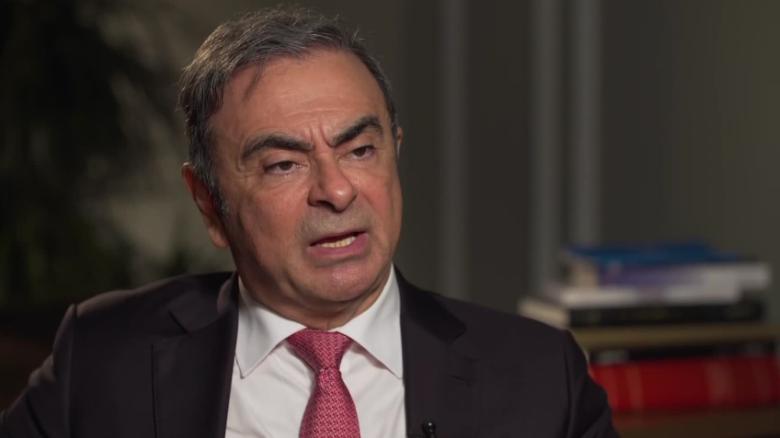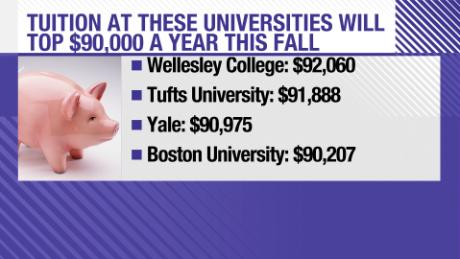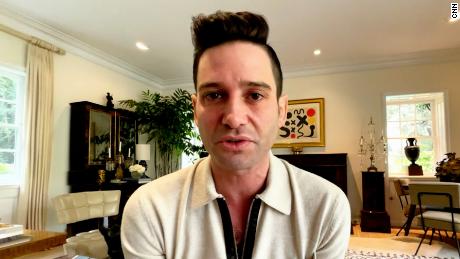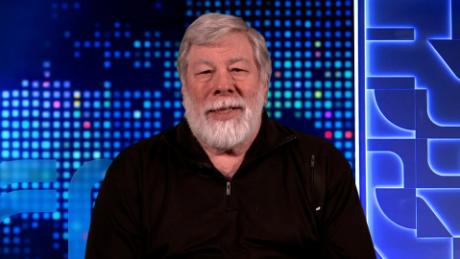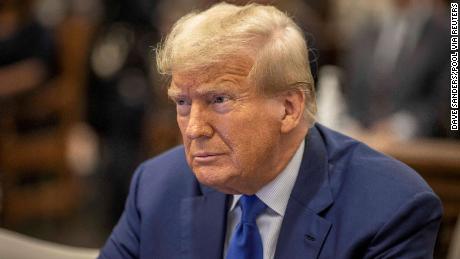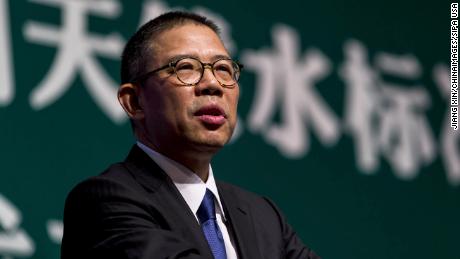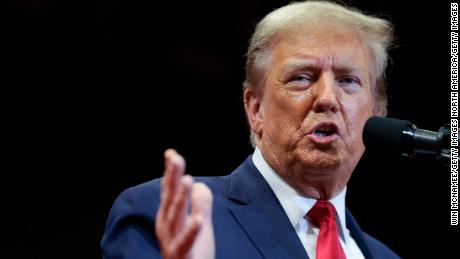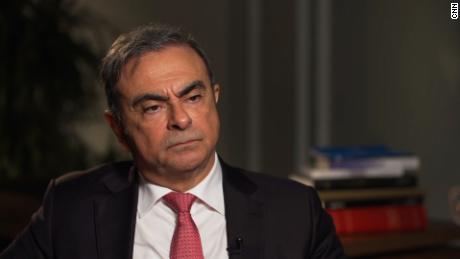Tokyo (CNN Business)Japan has issued arrest warrants for Carlos Ghosn and three "collaborators" accused of helping the former auto industry titan escape from the country.
The Tokyo Prosecutor's Office said in a statement Thursday that Ghosn left Japan illegally without permission from the immigration office on December 29.
The prosecutor also alleges that three foreign nationals ŌĆö Michael Taylor, George-Antoine Zayek, and Peter Maxwell Taylor ŌĆö helped Ghosn move from Tokyo to Osaka. The statement adds the three collaborators hid Ghosn in "luggage" and helped him go through the security area at Kansai International Airport without the knowledge of ground staff.
Ghosn then left Japan on a private jet, according to the Tokyo Prosecutor's Office, and later fled to Lebanon.
The arrest warrants were issued for the suspected violation of Japanese immigration law and violation of criminal law for "hiding criminals."
Ghosn was first arrested in Japan in November 2018 and subsequently charged with financial misconduct and abusing his position while chairman of automaker Nissan (NSANF). He was eventually released on bail in April 2019, under strict conditions, including that he remain in Japan.
The Tokyo Prosecutor's Office did not disclose the nationalities of the three named individuals, but according to reports from the Wall Street Journal and Bloomberg, Taylor is a former US Green Beret and private security expert and Zayek is a Lebanese-born private security expert.
In an interview in mid-January, Taylor would not confirm the scope of his involvement but said Ghosn's legal case resonated with him because of his previous experiences with the US judicial system, according to the Wall Street Journal.
CNN has not been able to contact the three individuals named by the Tokyo Prosecutor's Office. CNN has reached out to the Ghosn family for comment.
Ghosn, who resigned as chairman and CEO of Renault (RNLSY) in the wake of his arrest, told CNN Business earlier this month that he made the decision to flee Japan several weeks ago after determining he wouldn't receive a fair trial.
"I didn't leave Japan to hide somewhere," Ghosn said. "I left Japan because I'm looking for justice and I want to clear my name," he said, claiming he was nervous but felt he had "nothing to lose."
Asked about media reports that he made it past Japanese authorities and onto a private plane by hiding in a box used to store audio equipment, Ghosn chuckled. He initially declined to comment, before continuing to CNN's Richard Quest: "Freedom, no matter the way it happens, is always sweet."
Ghosn also said he felt bad that people who aided his escape could face potential prosecution. But everyone involved knew what could happen, he said.
"We knew from the beginning what are the risks, you know, involved [in] an operation like this," Ghosn said. "We all knew that. I knew what were my risks, I knew what were the risks of all the people who supported the operation."
ŌĆö Sherisse Pham contributed reporting.
